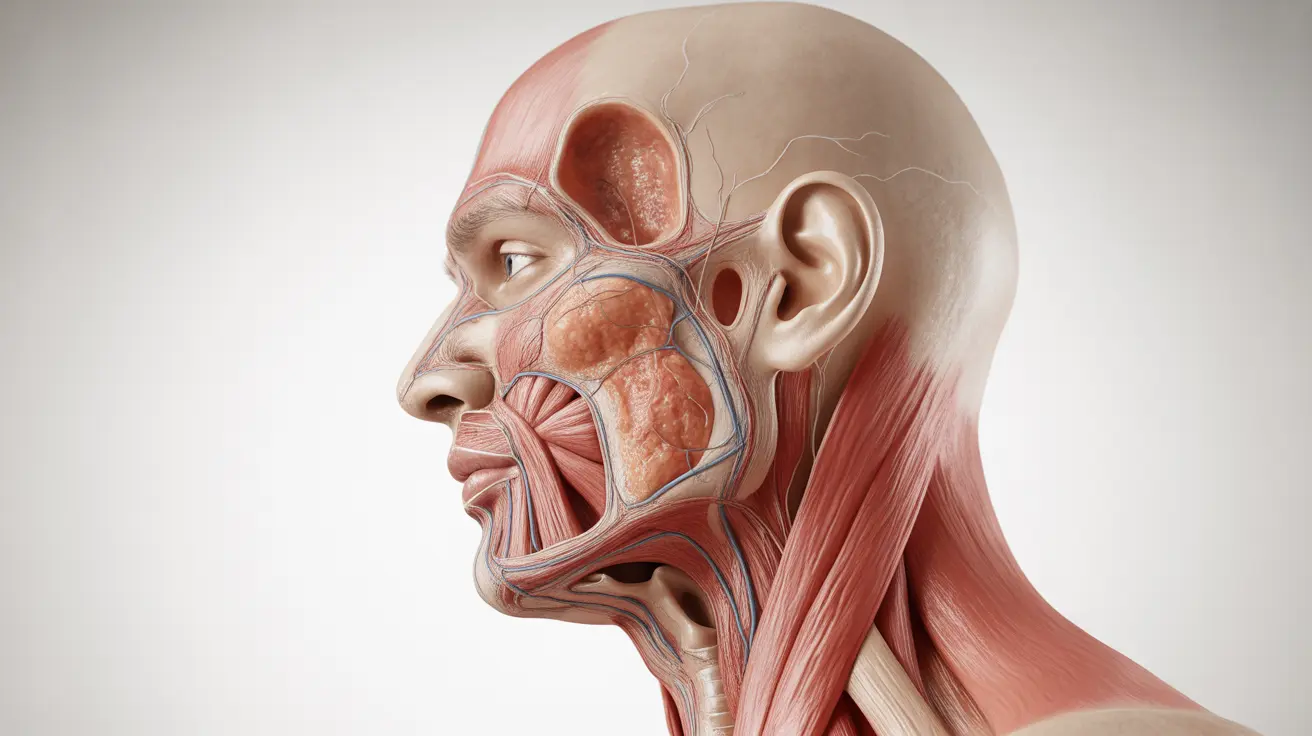Living with Attention Deficit Hyperactivity Disorder (ADHD) as an adult can present unique challenges, particularly when it comes to emotional and behavioral maturity. Many adults with ADHD experience a disconnect between their chronological age and their emotional or behavioral responses, leading to feelings of frustration and self-doubt.
Understanding the relationship between ADHD and maturity is crucial for both individuals living with the condition and their support systems. This comprehensive guide explores the connection between ADHD and emotional development, offering insights and practical strategies for managing these challenges effectively.
The ADHD-Maturity Connection
Adults with ADHD often experience developmental differences that can affect their emotional and behavioral responses. These differences stem from variations in brain development and executive functioning, which can impact everything from decision-making to emotional regulation.
Research suggests that individuals with ADHD may experience a delay in certain aspects of brain development, particularly in areas responsible for impulse control and emotional regulation. This can manifest as behaviors that may seem less mature than expected for their age.
Common Signs of ADHD-Related Maturity Challenges
Emotional Regulation Difficulties
Adults with ADHD commonly experience:
- Intense emotional reactions
- Difficulty managing frustration
- Quick shifts in mood
- Challenges with emotional self-soothing
Executive Function Challenges
Many adults with ADHD struggle with:
- Organization and planning
- Time management
- Following through on responsibilities
- Maintaining consistent routines
Social and Professional Impact
These maturity-related challenges can affect various life areas:
- Workplace relationships and performance
- Personal relationships and social interactions
- Financial management
- Daily life organization
Understanding Brain Development and ADHD
The connection between ADHD and maturity often has neurological roots. The prefrontal cortex, which plays a crucial role in executive functions and emotional regulation, may develop differently in individuals with ADHD. This can lead to a temporary gap between chronological age and emotional maturity.
Effective Management Strategies
Building Emotional Awareness
Developing emotional intelligence through:
- Mindfulness practices
- Emotion tracking
- Identifying triggers
- Learning coping mechanisms
Creating Structure and Support
Implementing practical solutions such as:
- Using organizational tools and apps
- Setting up reminder systems
- Breaking tasks into manageable steps
- Establishing consistent routines
Professional Support
Seeking assistance through:
- ADHD coaching
- Cognitive Behavioral Therapy
- Support groups
- Regular medical check-ups
Frequently Asked Questions
- What are the common signs of immaturity linked to adult ADHD symptoms?
Common signs include difficulty with emotional regulation, impulsive decision-making, challenges with long-term planning, and struggles with consistent responsibility management. These symptoms often manifest as quick emotional reactions, difficulty maintaining organization, and challenges with time management.
- How does ADHD affect emotional regulation and maturity in adults?
ADHD can impact emotional regulation by making it harder to process and respond to emotions appropriately. Adults with ADHD may experience more intense emotional reactions, struggle with impulse control, and find it challenging to self-soothe during stressful situations.
- What strategies can adults with ADHD use to manage impulsive or immature behaviors?
Effective strategies include implementing structured routines, using organizational tools, practicing mindfulness techniques, working with an ADHD coach, and developing specific coping mechanisms for emotional regulation. Regular exercise, adequate sleep, and stress management techniques can also be helpful.
- Why do adults with ADHD often feel behind their peers in handling responsibilities?
This feeling often stems from differences in executive functioning, which can affect organization, time management, and task completion. The developmental differences in brain areas responsible for these functions can create a gap between chronological age and functional capabilities in certain areas.
- Can delayed brain development explain immaturity in adults with ADHD?
Yes, research indicates that certain areas of the brain, particularly the prefrontal cortex, may develop at a different rate in individuals with ADHD. This can affect executive functions and emotional regulation, contributing to what may appear as immature behaviors or responses.
Remember that with proper understanding, support, and management strategies, adults with ADHD can effectively navigate these challenges and develop strong coping mechanisms for successful daily living.




